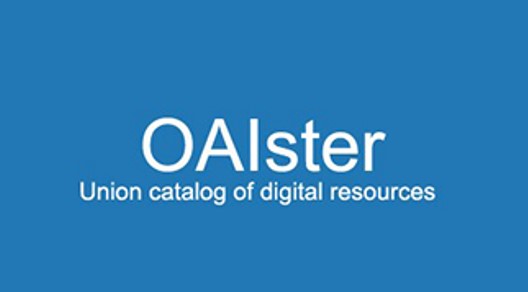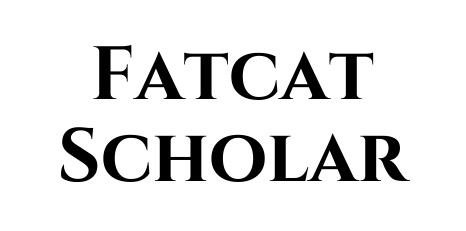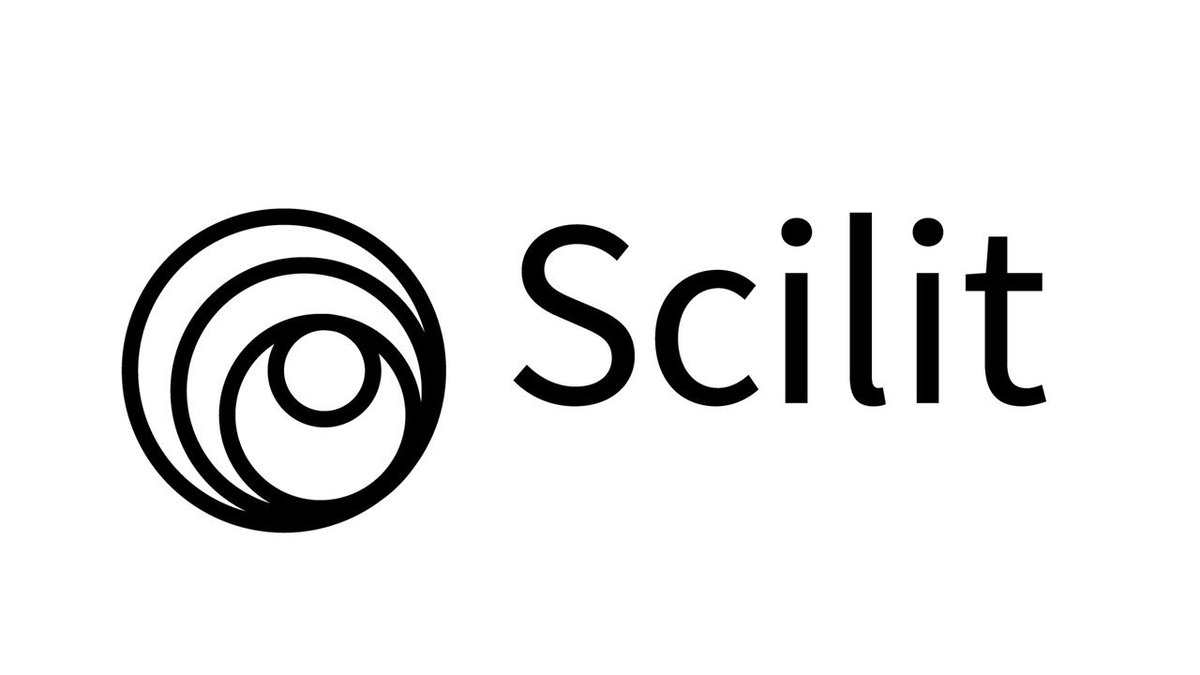The Sustainability of Rotative Savings and Credit Associations (ROSCAS) Under the Challenge of Contingency: An Analysis in the Context of Cameroon
DOI:
https://doi.org/10.5281/zenodo.7313364Keywords:
sustainability, Rotative Savings and Credit Associations (ROSCAs), contingency.Abstract
The sustainability of organizations lies in the transformation of constraints into opportunities. The sustainability of ROSCAs is at the center of the contingency of the environment. The objective of this article is to analyze the effects of contingency that can promote the sustainability of ROSCAs through adaptation and flexibility. The study focuses on three types of ROSCAs: ethnic ROSCAs, family ROSCAs and business ROSCAs. The empirical method is based on a qualitative method based on a documentary study and semi-directive interviews with the actors. The results of the study reveal that the sustainability of ROSCAs depends on the adaptation and flexibility that can promote the economic and social dimension.
Downloads
Published
How to Cite
Issue
Section
License

This work is licensed under a Creative Commons Attribution-NonCommercial-NoDerivatives 4.0 International License.





























